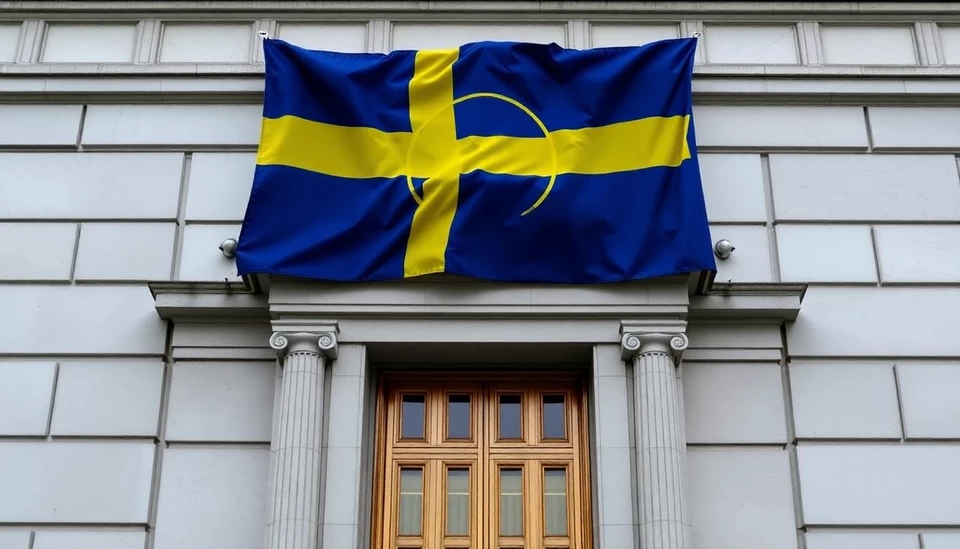
The Swedish government has recently revised its economic growth projections downward, reflecting ongoing economic difficulties that have continued to afflict the nation. This adjustment comes in the wake of an economic climate marked by high inflation, rising interest rates, and ongoing geopolitical tensions which have prompted concerns about the future health of Sweden's economy.
Officials announced that they anticipate a growth rate of just 1.1% for 2024, a stark reduction from previous expectations. The 2023 growth forecast has also been slashed to 0.6%, indicating a cautious and uncertain economic outlook. This move illustrates the government’s recognition of the challenges that have been affecting not only Sweden but many countries across Europe.
Further complicating the situation is the lingering inflation that has placed significant pressure on Swedish households. Many citizens have experienced a notable decrease in their purchasing power, leading to concerns about consumer spending and overall economic vitality. The government has stated that it will continue to monitor these developments closely as it prepares to address the ramifications of these economic pressures.
Financial analysts have emphasized that Sweden's economy, although relatively robust compared to some neighboring countries, is facing external risks including supply chain disruptions and energy price volatility. The repercussions of geopolitical conflicts, particularly the ongoing tension in Eastern Europe, have also contributed to the unpredictability of economic recovery in the region.
In response to these challenges, the Swedish government plans to implement various fiscal measures aimed at stimulating growth and supporting those most affected by the economic downturn. These measures will likely focus on investment in infrastructure and green technologies, reflecting a commitment to sustainable development while tackling immediate economic issues.
Additionally, the Reserve Bank of Sweden is expected to maintain a cautious approach with regard to monetary policy, as interest rates may need to remain elevated for an extended period to combat inflation. This policy route underlines the delicate balance policymakers will need to strike between stimulating growth and keeping inflation in check.
As analysts and policymakers alike keep a close eye on these developments, the government reassures citizens that proactive steps are being taken to navigate this complex economic landscape. With a commitment to transparency and adaptability, Sweden aims to emerge from these challenges with a renewed focus on sustainable growth pathways that can support long-term resilience.
Observers will be watching closely to see how these strategies unfold in the months to come, as Sweden’s ability to adapt to systemic changes will dictate its economic fortunes moving forward.
In summary, the Swedish government’s decision to cut growth forecasts highlights the ongoing economic challenges faced by the nation, and underscores the importance of strategic measures aimed at revitalizing the economy while maintaining stability in the face of uncertainty.
#Sweden #EconomicGrowth #Inflation #InterestRates #GeopoliticalTensions #FiscalMeasures #SustainableDevelopment
Author: Daniel Foster




